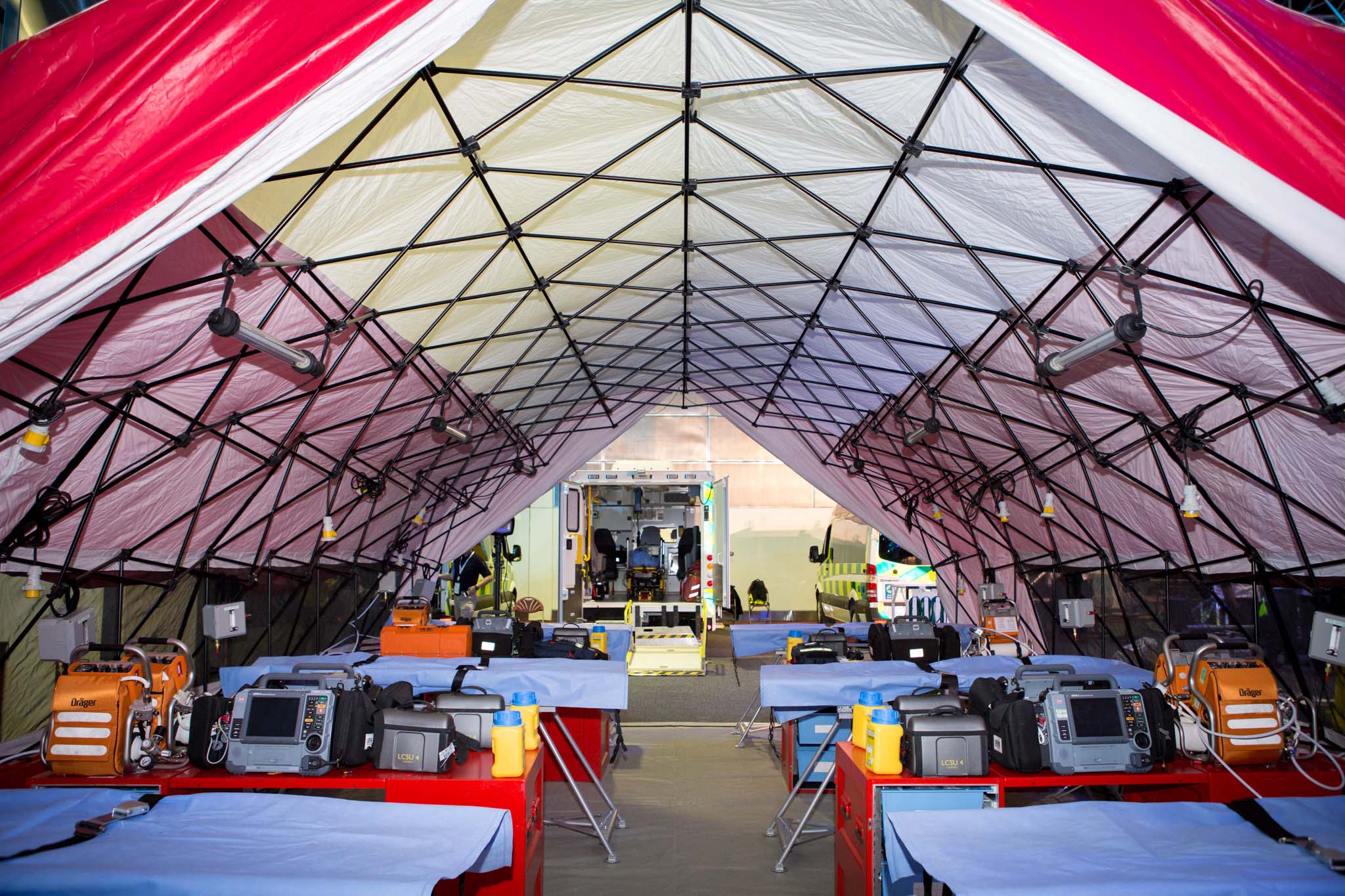
Certain schools, offices, hotel-apartments and stadiums across the country will act as emergency shelters if and when disaster strikes in Qatar, officials have said.
These venues will serve as temporary accommodation and be stocked with survival kits, said Brig. Hamad Othman Al Duhaimi, director of operations at the General Directorate of Civil Defense.
He added that the plans are part of a future-proofing program that readies Qatar as climate change makes the world more prone to natural disasters.

According to an interview he gave this week to the Ministry of Interior’s Police magazine, emergency shelters will soon be given information about the number of people living in their neighborhoods.
He did not reveal how many of these buildings have been identified or where they are.
Future planning
In the past several decades, Qatar has been lucky to escape any major naturally-occurring incidents like earthquakes, floods, droughts or heavy storms.
A United Nations report published last month ranked the country as among the world’s safest.
This was not only because of Qatar’s location away from disaster hotspots, but also due to its high state of preparedness in case of emergencies.
However, changing global weather patterns could make currently safe states more vulnerable to storms or earthquakes in the coming decades.

Earlier this year, a UN team visited Qatar to work with authorities here on developing their emergency responses.
The team identified rising sea levels and surge storms as possible future threats for the state, and recommended more detailed plans be prepared for these scenarios.
Shelter committee
The MOI’s shelter committee is tasked with drawing up emergency plans for Qatar. It comprises of representatives from a number of ministries and other government bodies.
The team creates evacuation and shelter plans in case there is a need to get people out of their homes and offices and into central sites.

It is also responsible for ensuring buildings are safe and liaising with first responders to create an emergency response plan.
Additionally, it trains humanitarian and government agencies so they can plan and properly respond to a disaster situation.
According to Al Duhaimi:
“Human losses can increase in the case of disasters due to ignorance regarding safety procedures, as evacuation requires identifying risks and knowledge of emergency exits, using the safe assembly points and so forth.”
The shelter team is one of several government groups set up to organize the country’s emergency preparedness.
It works with the MOI’s Permanent Committee for Emergency, which was set up 18 years ago. That panel comes up with protocols for natural disasters, the collapse of buildings or leaks at oil and gas plants.
In addition to MOI officials, it comprises of members of key government agencies, including the Ministry of Public Health, the Civil Aviation Authority, Hamad Medical Corp., Kahramaa and Qatar Petroleum.
Thoughts?







